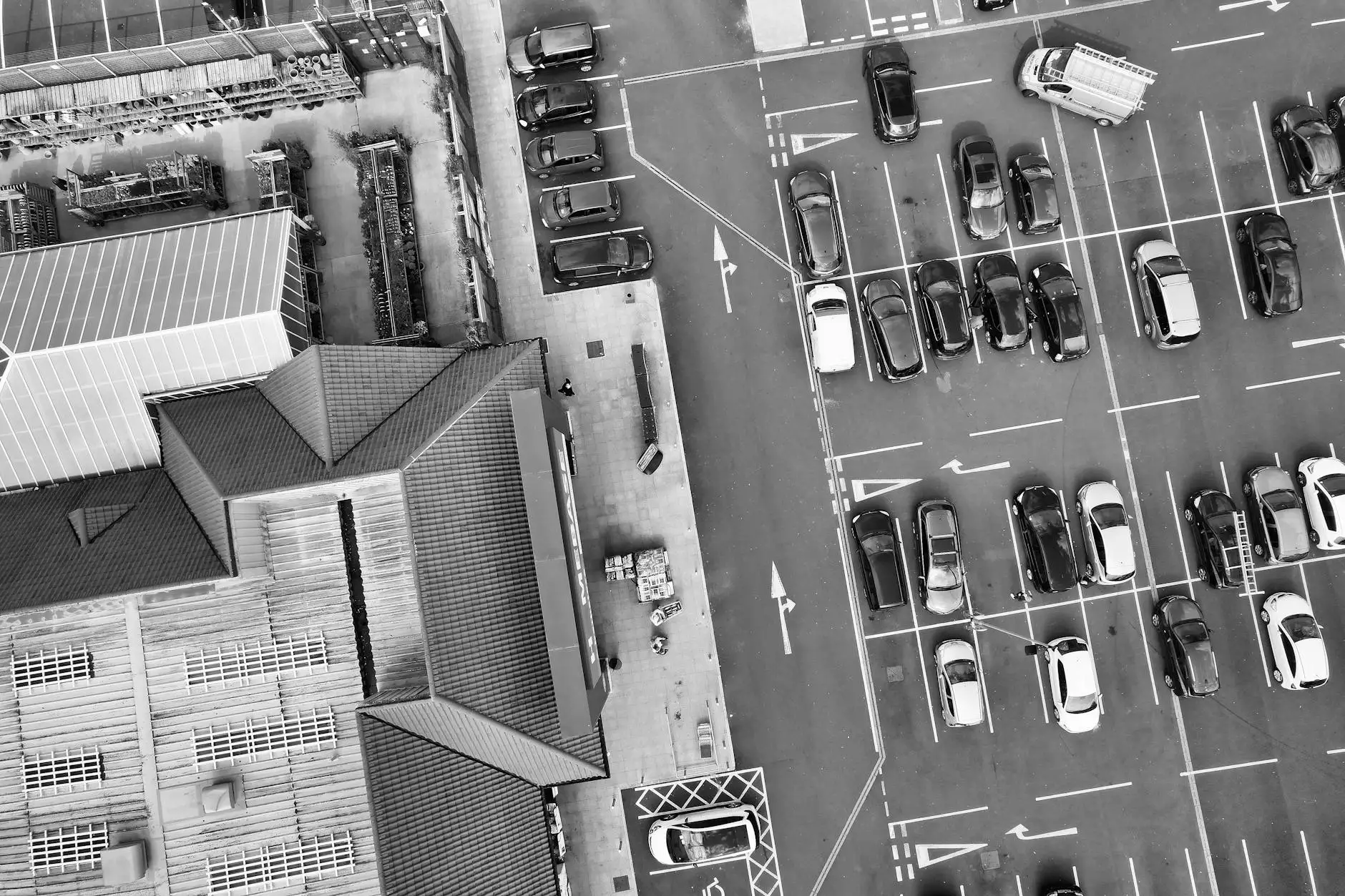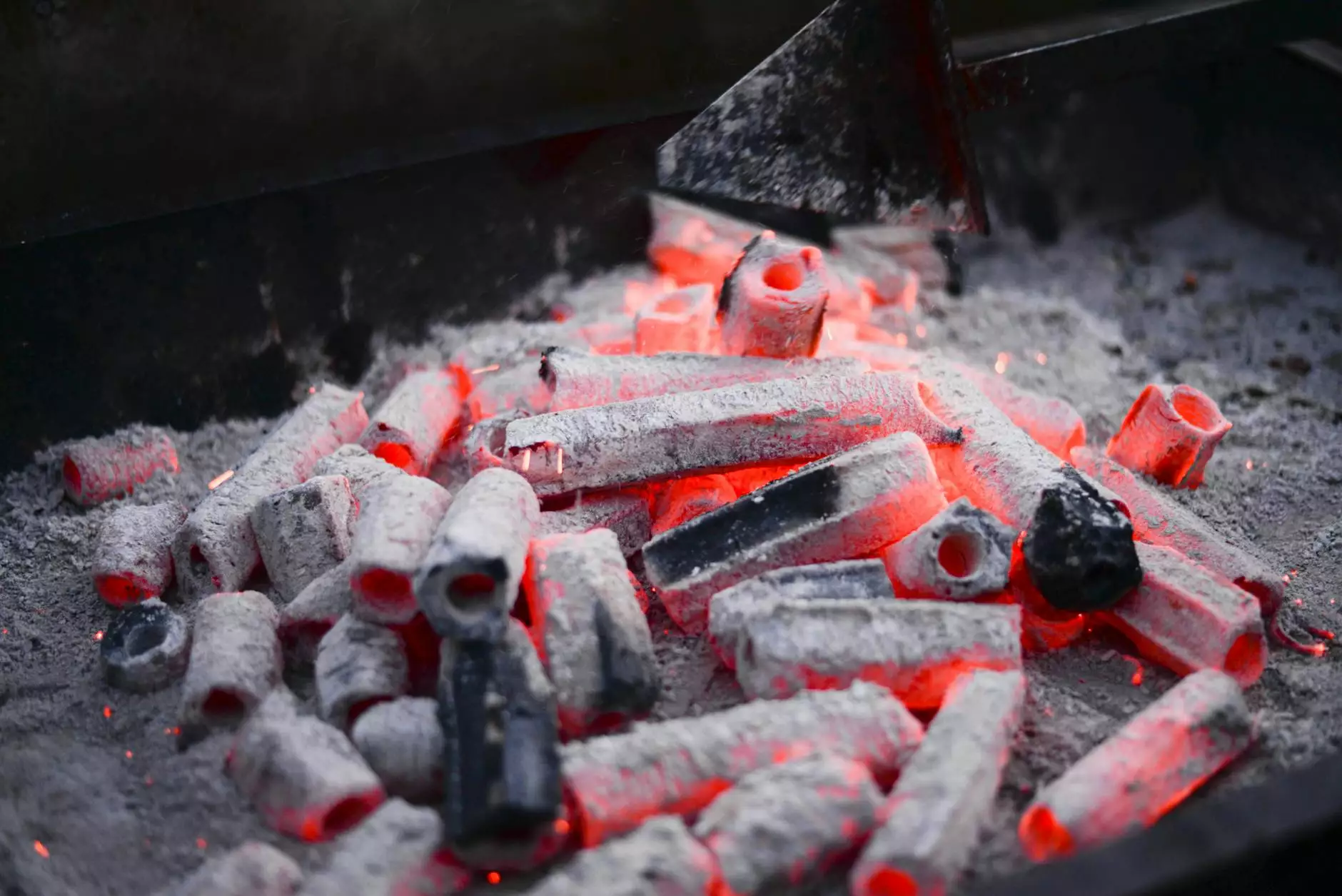Enhancing Your Home's Value with New Jersey Siding

When it comes to improving the aesthetics and functionality of your home in New Jersey, siding is often an overlooked yet critical component. It not only protects your home from the elements but also enhances curb appeal and can significantly increase property value. In this comprehensive guide, we will delve into everything you need to know about New Jersey siding, from types and benefits to installation and maintenance.
Understanding Siding: The Basics
Siding serves as the outer protective layer of your home's structure. It comes in various materials, each offering unique benefits and aesthetics. From vinyl to fiber cement, knowing your options is essential for making an informed decision that suits both your budget and style preferences.
The Importance of Choosing the Right Siding
Choosing the right siding is not just about appearance; it also impacts your home’s energy efficiency, maintenance needs, and long-term durability. Here’s why siding is crucial:
- Protection Against Elements: Quality siding shields your home from rain, wind, snow, and UV rays.
- Energy Efficiency: Insulated siding can significantly reduce heating and cooling costs.
- Boosting Curb Appeal: The right siding can enhance your home’s exterior, making it more inviting.
- Increased Home Value: New or upgraded siding can yield high returns on investment when selling your home.
Types of Siding Available in New Jersey
New Jersey homeowners have access to a variety of siding materials. Each type offers distinct advantages and styles. Below, we explore the most popular choices:
1. Vinyl Siding
Vinyl siding has become one of the most popular choices among homeowners. Its affordability, low maintenance needs, and variety of colors and styles make it a favorite.
- Durability: Vinyl can withstand harsh weather conditions, making it perfect for the unpredictable New Jersey climate.
- Low Maintenance: It requires minimal upkeep, only needing occasional cleaning to look its best.
- Insulation Options: Many vinyl siding options come with built-in insulation that enhances energy efficiency.
2. Fiber Cement Siding
Fiber cement siding is known for its strength and longevity. This material is resistant to termites, rot, and fire, making it an excellent long-term investment.
- Versatility: It’s available in various styles, including planks, shingles, and panels, mimicking the look of wood or stucco.
- Paintable: If you want to change your exterior color, fiber cement can be easily painted.
- Low Maintenance: Although it may require painting every 10-15 years, it is otherwise low maintenance.
3. Wood Siding
Wood siding provides a classic, natural look for homes. While it requires more maintenance than vinyl or fiber cement, the aesthetic appeal can be well worth the effort.
- Elegance: Provides a timeless beauty and warmth that can enhance any design.
- Eco-Friendly: Wood is a renewable resource, making it a sustainable choice when sourced responsibly.
- Customizable: It can be painted or stained in any color to match your desired aesthetic.
4. Metal Siding
Metal siding, especially aluminum and steel, offers a modern and industrial look. It’s gaining traction among New Jersey homeowners for its durability and low maintenance requirements.
- Longevity: Metal siding can last a lifetime with proper care.
- Resistance to Elements: It is highly resistant to fire, pests, and rot.
- Recyclable: Metal is one of the most recyclable building materials available.
The Installation Process of New Jersey Siding
The installation of siding is not a task to take lightly. It requires a careful approach and often skilled professionals, especially when dealing with materials like fiber cement or wood.
1. Preparation
Prior to installation, it's essential to prepare the structure properly. This includes:
- Inspecting the walls for any damages, like rot or mold.
- Removing old siding, if applicable, and disposing of it safely.
- Ensuring the underlying structure is sound and making any necessary repairs.
2. Installing the Underlayment
Installing a moisture barrier is crucial. This underlayment helps to prevent water damage and mold growth. Ensure this barrier is installed correctly to maximize protection.
3. Siding Installation
Once the preparations are complete, the actual siding can be installed. Depending on the material, this process varies:
- For vinyl, panels are interlocked and nailed into place.
- Fiber cement may require cutting and nailing for a secure fit.
- Wood siding is often installed in overlapping shingles or planks.
4. Finishing Touches
After the siding is installed, finishing touches are crucial. This includes sealing edges, painting (if needed), and adding trim around windows and doors for a polished look.
Maintaining Your Siding
Proper maintenance ensures your siding lasts as long as possible, maintaining both its aesthetics and functionality. Here's how to keep your New Jersey siding in peak condition:
- Regular Cleaning: Clean siding at least once a year using a power washer or a garden hose with soapy water.
- Inspection: Conduct regular inspections for signs of damage, mold, or insect infestations.
- Repairs: Address any issues immediately—whether it’s replacing cracked panels or repainting weathered wood.
- Professional Service: Consider hiring professionals for thorough inspections and maintenance, ensuring everything is up to standard.
The Financial Benefits of Choosing New Jersey Siding
Investing in quality siding is not just about aesthetics; it’s also a wise financial decision. Here's how:
- Increased Property Value: Homes with attractive, well-maintained siding sell for more. The National Association of Realtors states that siding replacement can yield up to a 90% return on investment.
- Lower Energy Bills: Insulated siding aids in energy efficiency, which can lead to significant savings on monthly utility bills.
- Less Maintenance Costs: Modern materials like vinyl and fiber cement need less upkeep, leading to lower overall maintenance costs.
- Tax Incentives: Some energy-efficient siding materials may qualify for tax credits or rebates, further enhancing your savings.
Final Thoughts on New Jersey Siding
In conclusion, investing in New Jersey siding offers numerous benefits—including improved aesthetics, enhanced property value, and energy efficiency. Whether you choose vinyl, fiber cement, wood, or metal, the key is to select a material that fits your budget, style, and maintenance preferences. Proper installation and maintenance are essential in ensuring your siding performs well and lasts for years to come.
For the best results and personalized consultation, consider reaching out to professionals who can guide you through the selection and installation process. With the right siding, your home will not only look fantastic but also stand the test of time—making it a worthwhile investment for any homeowner in New Jersey.









